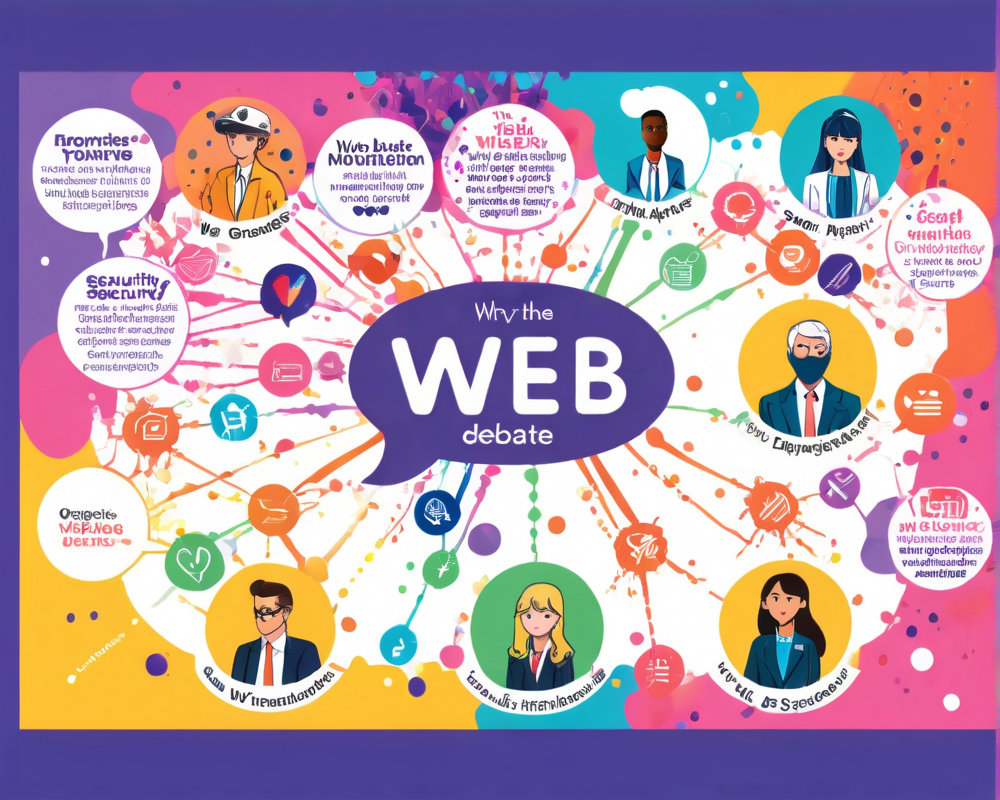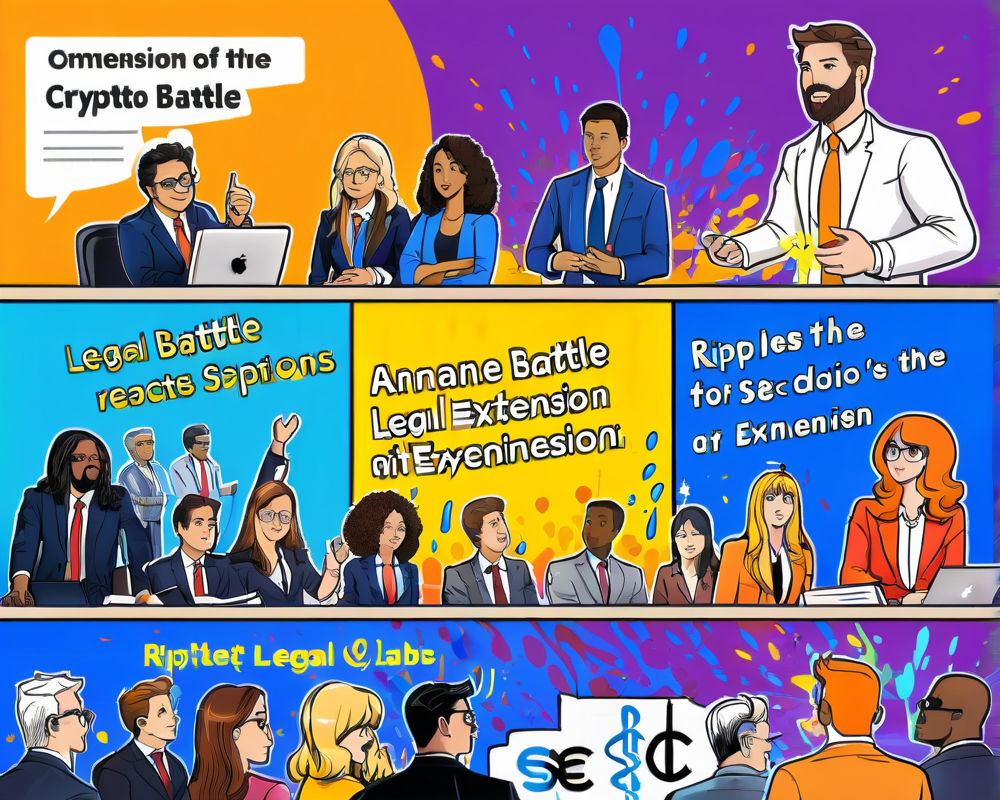The Web3 Foundation’s Case for DOT
The Web3 Foundation, the group backing the popular Polkadot protocol, is once again flexing its muscles in the ongoing legal chess match around the nature of its native token, DOT. In a spirited Twitter thread that would make even the most seasoned legal eagle raised eyebrows, they claimed that DOT is not a security, but rather a sophisticated piece of software. You know, just like how my toaster is software when it pops up perfectly toasted bread, right?
Communicating with the SEC
In its quest for clarity, the Foundation emphasized its willingness to tango with the U.S. Securities and Exchange Commission (SEC). They even invited the SEC to a friendly chat—think of it like a coffee date with added legal implications. According to Angela Dalton, a key adviser to the Foundation, their approach has been cooperative, and they’ve turned down hefty investments from venture capitalists who weren’t up for the software romance and only wanted to collect bucks.
The Principle of Token Morphing
Token morphing, the term that has become somewhat of a mantra for the Web3 Foundation, was laid out by former SEC honcho William Hinman during a 2018 summit. The gist? Tokens can metamorphose from being perceived as securities to functioning more like software. The Foundation seems pretty stoked about this concept—like a caterpillar cozying up to the idea of becoming a butterfly.
Polkadot’s Multi-Chain Marvel
If you’re not familiar with Polkadot, let’s break it down. This multichain protocol is home to 66 operating blockchains (as of October 2022), each ready to dance together in perfect harmony. Launched by Gavin Wood, one of Ethereum’s creators, the Foundation’s ambitions for Polkadot have been turning heads since the white paper dropped in 2016.
Reactions and Future Steps
Despite the Web3 Foundation’s strong arguments, the SEC hasn’t yet confirmed DOT’s status. It sounds like an awkward first date where one party is ready to move in but the other is just not feeling it. However, the Foundation remains optimistic about their relationship with the regulatory body and insists that open dialogue is key. In their words, “Our experience has been a positive one.” And who wouldn’t want a positive dating experience when dealing with Uncle Sam?




